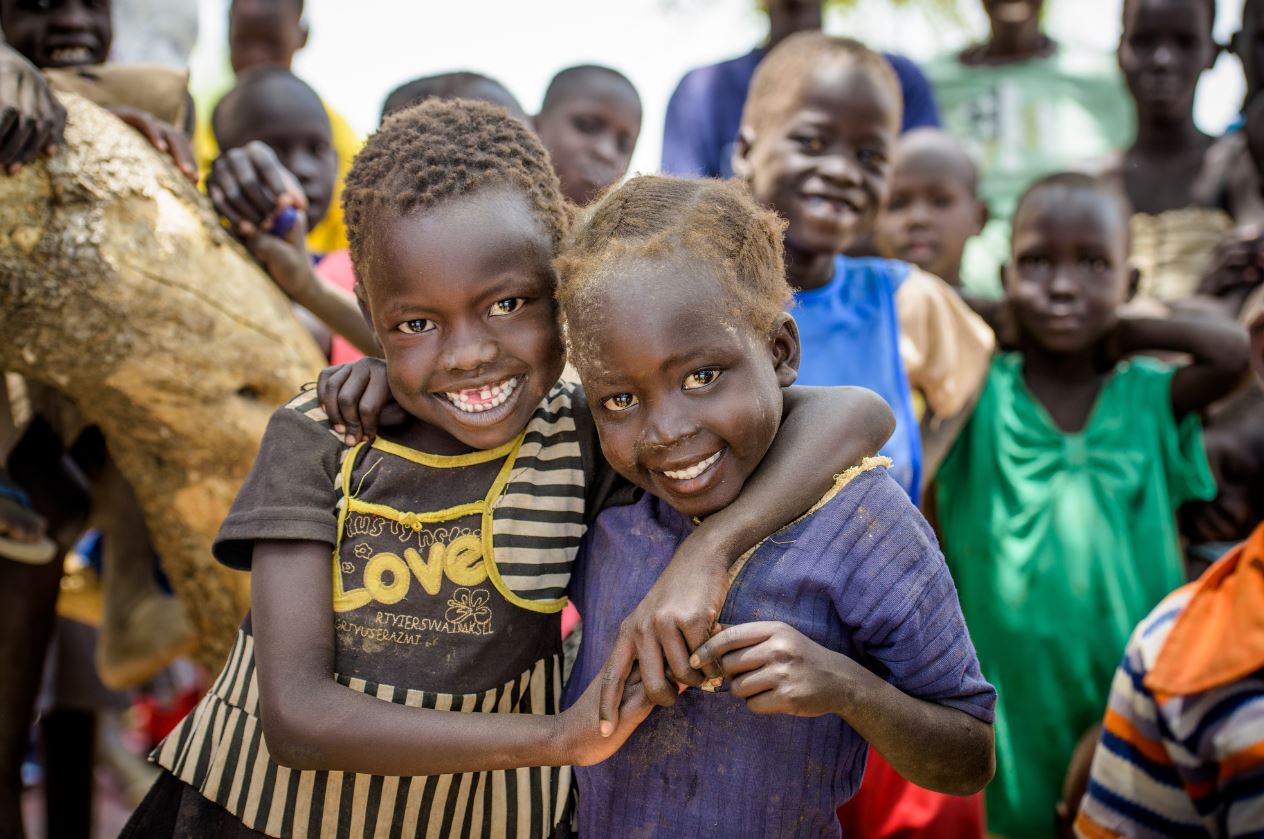- About
- Topics
- Story
- In-Depth
- Picks
- Opinion
- News
- Donate
- Signup for our newsletterOur Editors' Best Picks.Send
Read, Debate: Engage.
| August 22, 2019 | |
|---|---|
| topic: | Humanitarian Aid |
| tags: | #humanitarian, #UN, #WHD, #Crisis, #Intervention |
| located: | Syria, Afghanistan, Yemen, Nigeria |
| by: | Ndubuaku Kanayo |
Humanitarian intervention, which is aimed at saving lives, alleviating suffering and maintaining the sacred human dignity of all is at the crux of this celebration.
This year's edition focuses on honouring the women humanitarian workers who have long been at the forefront of crisis intervention in their various communities. From war-torn zones like Syria, Afghanistan and Yemen, down to areas ravaged by hunger and disease outbreaks in the Sahel, women in these communities have stood up to the challenge, acting as first responders to the darkest hours of crisis.
The poor security situation coupled with the dangerous working conditions in many countries of the world today is making work more difficult for relief organisations, and humanitarian workers who want to render help to people in need.
The need for assistance seems to be increasing worldwide. Even over twenty years after General Assembly resolution 46/182 laid out a policy framework for the coordination of emergency humanitarian assistance of the United Nations, humanitarian needs continue to skyrocket as a result of new escalating conflicts, the increasing frequency and intensity of natural disasters and disease outbreaks also has increased the necessity for humanitarian assistance. Also the people providing these assistance oftentimes become victims of what they are trying to fight.
According to Martin Luther King Jr., leader of the African-American Civil Rights Movement, "Yes, it is love that will save our world and our civilisation, love even for enemies.”
All over the world today, women make up a large number of those who risk their own lives to save others, thereby strengthening the global humanitarian response. When natural disasters happen or conflict occurs, lives change instantly, most times for the worse, lives are lost, families and communities are displaced, infrastructures destroyed and development is stunted.
Just as crises are not gender-neutral, humanitarian action which includes response, disaster risk reduction and preparedness for risk prevention and mitigation cannot be either.
As stated in the United Nations Women Humanitarian Strategy, "The aim of UN Women’s engagement in humanitarian action is to ensure consistency and sustainability in addressing gender equality concerns across the humanitarian-development continuum as well as to improve awareness and commitment, enhance capacity and strengthen partnerships with national entities, civil society, regional institutions and the international humanitarian system".
"For the Greater Public Good"
On July 20th 2014, Patrick Sawyer, Nigeria’s first Ebola patient left quarantine in Liberia and flew into Lagos, Nigeria, to attend a meeting of the Economic Community of West African States (ECOWAS).
On landing at the airport in Lagos Nigeria, he collapsed and was immediately rushed to the First Consultants Medical Centre (FCMC), a private hospital where Dr. Ameyo Adadevoh, a Nigerian physician worked.
Getting to the hospital, Mr Sawyer was diagnosed of Malaria at first. During her ward round the following day, Dr. Adadevoh - despite the initial malaria diagnosis - suspected Ebola and immediately contacted the Lagos State and Federal Ministries of Health and got him tested for Ebola.
While waiting for the test results, pressure began to pile up from the patient's home country, who wanted Mr. Sawyer discharged so he could attend the conference he came for in Nigeria.
Dr. Adadevoh blantantly refused, even as threats to sue her for keeping a patient against his wish emanated from different quarters. She relentlessly continued to resist the pressure and said “for the greater public good” she would not release him.
Her heroic efforts prevented a major outbreak of the epidemic in the most populous black country, as it triggered proactive government action to contain the spread of what have been tagged by the World Health Organization (WHO) as a "public health emergency of international concern"
Dr Adadevoh later contracted the Ebola Virus Disease, on 4th August 2014, it was confirmed that she had tested positive for the deadly virus, she was quarantined and while receiving treatment, she passed away 19 August 2014 in Lagos, Nigeria.
By copying the embed code below, you agree to adhere to our republishing guidelines.

